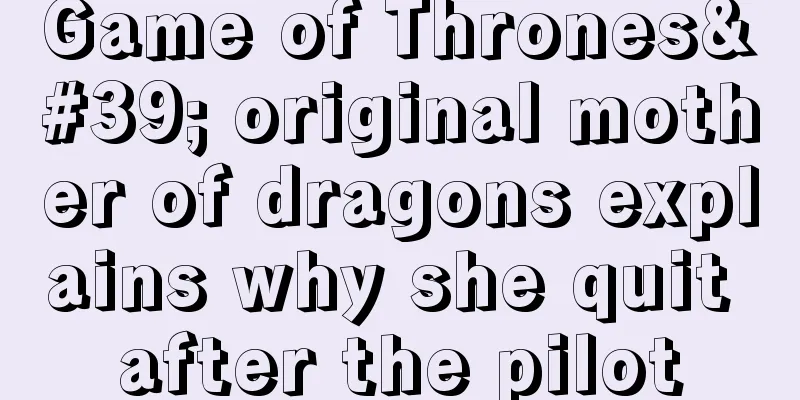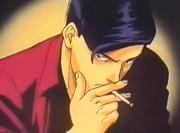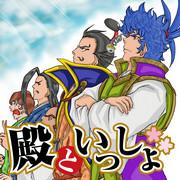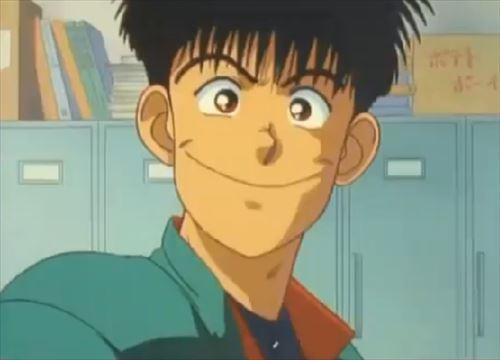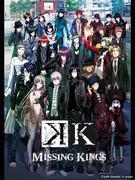Boogiepop Doesn't Laugh 2019 Edition: Exploring the Charm of the Abyss and Modern Interpretations
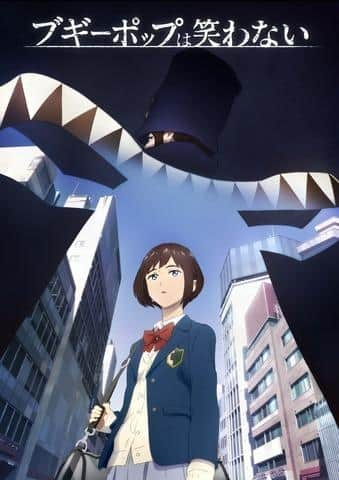
Boogiepop Doesn't Laugh (2019 Edition) - The Darkness of the Abyss and the Light of YouthThe TV anime series "Boogiepop Doesn't Laugh," which aired in 2019, is based on the light novel by Kohei Kamiya, and its unique worldview and profound themes have attracted many viewers. Here, we will take a closer look at the appeal of this work, its background, and recommended points for viewers. Overview
Story and Themes"Boogiepop Doesn't Laugh" is a story about the mysterious being "Boogiepop" that is spoken of as an urban legend, and the darkness in the hearts of adolescent boys and girls. The story revolves around the protagonist, Touka Miyashita, who awakens as "Boogiepop" and fights to protect people from abnormal beings. However, the true appeal of this work is not just hero action, but the fact that it delves deeply into the conflicts of youth and the complexities of human relationships. Each episode tells the story from the perspective of a different character, carefully depicting their inner thoughts and relationships. In particular, the anxieties and fears unique to adolescence, and the growth required to overcome them, are depicted realistically, evoking strong empathy in the viewer. In addition, the confrontation with "darkness" symbolized by Boogiepop's existence symbolizes the light and shadow of youth, giving the story a profound theme. characterEach character in this work has a unique personality and a deep background. Below are the main characters.
Animation and performanceThe animation of "Boogiepop Doesn't Laugh" is a highlight of Madhouse's high-quality production. In particular, the effective use of contrast between light and dark visually expresses the theme of the work and leaves a strong impression on the viewer. In addition, the characters' expressions and movements are drawn in detail, making their inner changes feel realistic. Director Natsume Shingo faithfully recreates the worldview of the original work while adding his own interpretation, giving the work a new appeal. In particular, the structure and development of each episode is designed to attract the viewer's interest and give the story a sense of depth. Music and SoundMusic is also an important element that enhances the appeal of this work. The opening theme, "Beyond the Blue," has a memorable melody and lyrics that symbolize the anxieties and hopes of youth, and resonates with viewers. The ending theme, "Beyond the Forgetfulness," is a beautiful song that deeply reflects the theme of the story, and draws out the emotions of viewers. The music in the film also effectively creates the atmosphere of each scene, and in particularly tense scenes, the music heightens the tension of the viewer. The delicate sound design, which reflects the emotions of the characters, also adds depth to the film. Comparison with the originalThe original light novel is characterized by Kohei Kamiya's unique writing style and profound themes, and the anime version faithfully reproduces the worldview of the novel while adding visual expression to bring out new appeal. In particular, the inner thoughts and relationships of the characters, which were only depicted in words in the original work, are realistically expressed in images and sounds in the anime version, leaving a strong impression on viewers. The anime version also reconstructs episodes from the original manga to keep viewers interested. In particular, the endings and hints of each episode are cleverly placed, drawing viewers deeper into the story. Recommendation points for viewers"Boogiepop Doesn't Laugh" is a work that features profound themes depicting the conflicts of youth and the complexities of human relationships, unique characters, and high-quality animation and music. It is especially recommended for the following viewers:
Related works and recommendationsFor viewers who enjoyed "Boogiepop Doesn't Laugh," we would also like to recommend the following related works.
Conclusion"Boogiepop Doesn't Laugh" is a work that features profound themes depicting the conflicts of youth and the complexities of human relationships, unique characters, and high-quality animation and music. Viewers will empathize with the theme that symbolizes the contrast between darkness and light and will be drawn into the depths of the story. Viewers who enjoyed this work should also check out related works. |
<<: Love Live! Sunshine!! The School Idol Movie Over the Rainbow Review: School idols shine again
>>: The appeal and evaluation of "Egao no Daika": A moving story and the depth of its characters
Recommend
Review of "Deep Sea Legend MEREMANOID": An adventure anime exploring an unknown underwater world
A comprehensive review and recommendation of Shin...
Mobile Suit Gundam: Hathaway's Flash movie to be released on July 23
Bandai Namco announced on December 31 that the la...
China's space program responded to Saving Iron Man: Our Chang'e-4 satellite brought potatoes
Marvel recently released the first trailer for &q...
"X-Men: Dark Phoenix" new Chinese trailer Phoenix force destroys the world
Today, "X-Men" officially released a ne...
The appeal and reputation of "Miss Hokusai": A deep look into the story of Hokusai's daughter
The appeal and evaluation of "Miss Hokusai&q...
SoftBank launches new 5G CM with Bruce Willis impersonating Doraemon in hilarious appearance
Japanese telecommunications giant SoftBank releas...
A thorough analysis of the charm and emotion of "Dreaming Kitten"! Reevaluating the masterpiece of everyone's song
"Dreaming Kitten": NHK's classic so...
The live-action movie trailer of Ghibli's masterpiece "Whisper of the Heart" is scheduled to be released on October 14
The official live-action version of the Ghibli cl...
Mobile Suit Gundam: The 08th MS Team: Miller's Report: Realistic depiction of war and character development
"Mobile Suit Gundam: The 08th MS Team: Mille...
The latest trailer of the movie "A Bouquet of Love" confirms that Mamoru Oshii will play his role
The new movie "A Bouquet of Love" starr...
"Fate/Heaven's Grail III: Spring Song" key visual effects revealed Justice partners are ready for battle
Today (October 26), the second key visual effect ...
Deep sea survival! A thorough review of realistic ocean adventures and a tense storyline
Deep Sea Survival! - Shinkai no Survival - Compre...
Batman director: Shooting to start next spring or summer! Not an adaptation of a comic book or an origin story
According to foreign media reports, Matt Reeves, ...
Impressions and reviews of the movie "BanG Dream! Poppin' Dream!"
The appeal and impressions of "BanG Dream! P...
Comprehensive review! Japan's largest Toho Films announces 2019 new movie list
Toho Co., Ltd., Japan's largest film company,...
